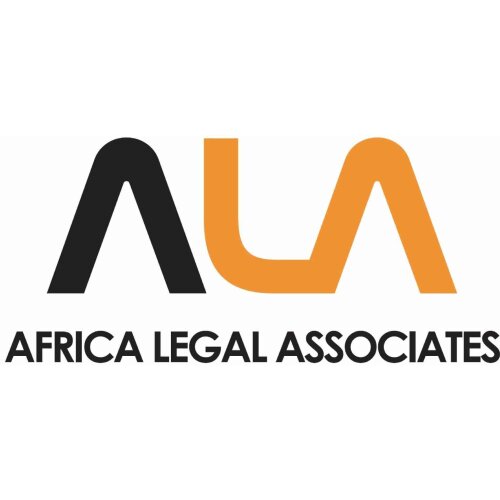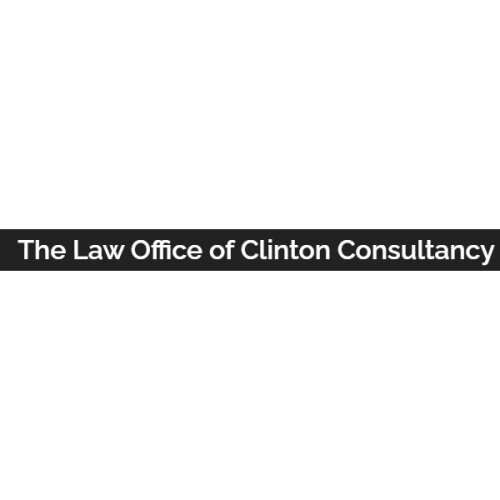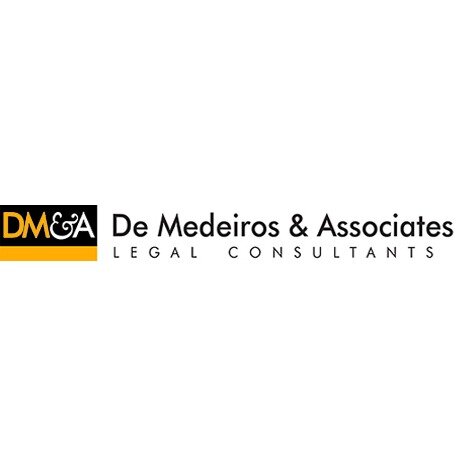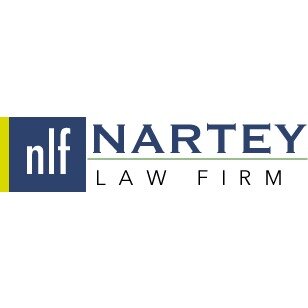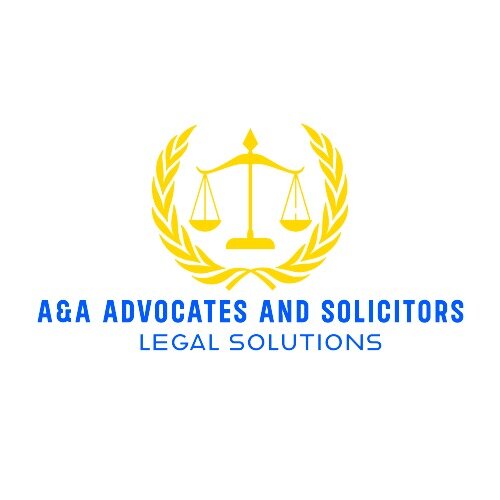Best Real Estate Lawyers in Accra
Share your needs with us, get contacted by law firms.
Free. Takes 2 min.
Free Guide to Hiring a Real Estate Lawyer
List of the best lawyers in Accra, Ghana
About Real Estate Law in Accra, Ghana
Real estate law in Accra, Ghana, governs the various forms of property ownership and transactions within the city's jurisdiction. This legal area encompasses a wide range of activities, including the buying and selling of land, the leasing of property, land registration, property development, mortgage creation, and property litigation. As the capital city, Accra has a dynamic real estate market that attracts both local and international investors. However, it is crucial to navigate the legal aspects of real estate transactions with caution, as the regulatory environment can be complex.
Why You May Need a Lawyer
There are many situations where engaging a lawyer could protect your interests in real estate transactions. For instance, conducting due diligence when purchasing a property can prevent disputes over land ownership and ensure that the title is clear. Lawyers are also essential when interpreting contracts, resolving landlord-tenant disputes, dealing with property taxes, and complying with zoning and land use regulations. In addition, having legal assistance during the process of obtaining permits and navigating government bureaucracy can be invaluable, as it ensures adherence to local regulations and standards.
Local Laws Overview
The key aspects of local laws related to real estate in Accra include the Lands Commission Act, which establishes the Lands Commission responsible for managing public lands and serving as the repository for land registration and records. The Conveyancing Act deals with the transfer of real property, and it outlines the requirements for valid property transactions. Another critical piece of legislation is the Rent Act, which governs the relationship between landlords and tenants, setting out the rights and obligations of each party. It is essential to note that the land in Ghana is subject to various tenures, including customary land tenure, leasehold, and freehold, each with its legal implications and requirements.
Frequently Asked Questions
1. How does land ownership work in Accra?
In Accra, land ownership can be under customary tenure, leasehold, or freehold terms. Customary land is generally owned by stool or skin lands held by chiefs or traditional authorities on behalf of the people. Leaseholds are granted for a specific period, while freehold ownership is less common and has been largely abolished for non-Ghanaians.
2. What is the process for registering land in Accra?
The process for registering land in Accra involves conducting a search at the Lands Commission, preparing the required legal documentation, payment of stamp duty, and submission of documents for a formal registration process with the Lands Commission.
3. Do I need a lawyer to buy property in Accra?
While it is not a legal requirement, it is highly advisable to engage a lawyer when buying property in Accra to conduct due diligence, ensure a clear title, and navigate the complex legal framework effectively.
4. Can foreigners own property in Accra?
Yes, foreigners can own property in Accra, but acquisitions by non-Ghanaians are typically leasehold interests with terms not exceeding 99 years for residential properties and 50 years for commercial properties.
5. Are there any restrictions on land use in Accra?
Yes, there are zoning laws and land use regulations in Accra that dictate allowable uses for different parcels of land. It is essential to check and comply with these regulations before undertaking any development.
6. What should I do if there's a dispute over my property?
If you find yourself in a property dispute, you should immediately seek legal counsel to understand your rights and options for resolution, including mediation, arbitration, or court proceedings.
7. How does one evict a tenant in Accra?
Evicting a tenant in Accra requires following legal procedures as outlined in the Rent Act. A landlord must serve the appropriate notices and obtain a court order for eviction if the tenant does not vacate the property willingly.
8. What taxes must I pay when purchasing property?
When purchasing property in Accra, you will be required to pay stamp duty, which is a tax levied on the transfer documents. The rate varies depending on the property value and type.
9. What is a property search, and why is it important?
A property search is an investigation conducted at the Lands Commission to ascertain the legal status of the property and to identify any claims, encumbrances, or interests registered against the property. It is important to ensure you are buying a property with a clear and valid title.
10. Can I develop any type of property on my land?
No, you must adhere to the zoning laws and land use regulations in Accra. These laws determine the types of structures and land use allowed in different areas.
Additional Resources
For those seeking legal advice in real estate in Accra, the following resources can be helpful. The Ghana Lands Commission is responsible for land administration, including registration and record-keeping. The Ghana Bar Association can provide listings of reputable lawyers, and the Rent Control Department assists with landlord-tenant issues. Additionally, the Town and Country Planning Department oversees zoning and land use policies.
Next Steps
If you require legal assistance in real estate in Accra, consider taking the following steps: identify and contact a reputable lawyer with experience in real estate law; gather all relevant documentation, including property deeds, agreements, and permits; and be prepared to discuss your situation fully with your lawyer to understand the potential outcomes and develop a legal strategy tailored to your needs.
Lawzana helps you find the best lawyers and law firms in Accra through a curated and pre-screened list of qualified legal professionals. Our platform offers rankings and detailed profiles of attorneys and law firms, allowing you to compare based on practice areas, including Real Estate, experience, and client feedback.
Each profile includes a description of the firm's areas of practice, client reviews, team members and partners, year of establishment, spoken languages, office locations, contact information, social media presence, and any published articles or resources. Most firms on our platform speak English and are experienced in both local and international legal matters.
Get a quote from top-rated law firms in Accra, Ghana — quickly, securely, and without unnecessary hassle.
Disclaimer:
The information provided on this page is for general informational purposes only and does not constitute legal advice. While we strive to ensure the accuracy and relevance of the content, legal information may change over time, and interpretations of the law can vary. You should always consult with a qualified legal professional for advice specific to your situation.
We disclaim all liability for actions taken or not taken based on the content of this page. If you believe any information is incorrect or outdated, please contact us, and we will review and update it where appropriate.
Browse real estate law firms by service in Accra, Ghana
Accra, Ghana Attorneys in related practice areas.




